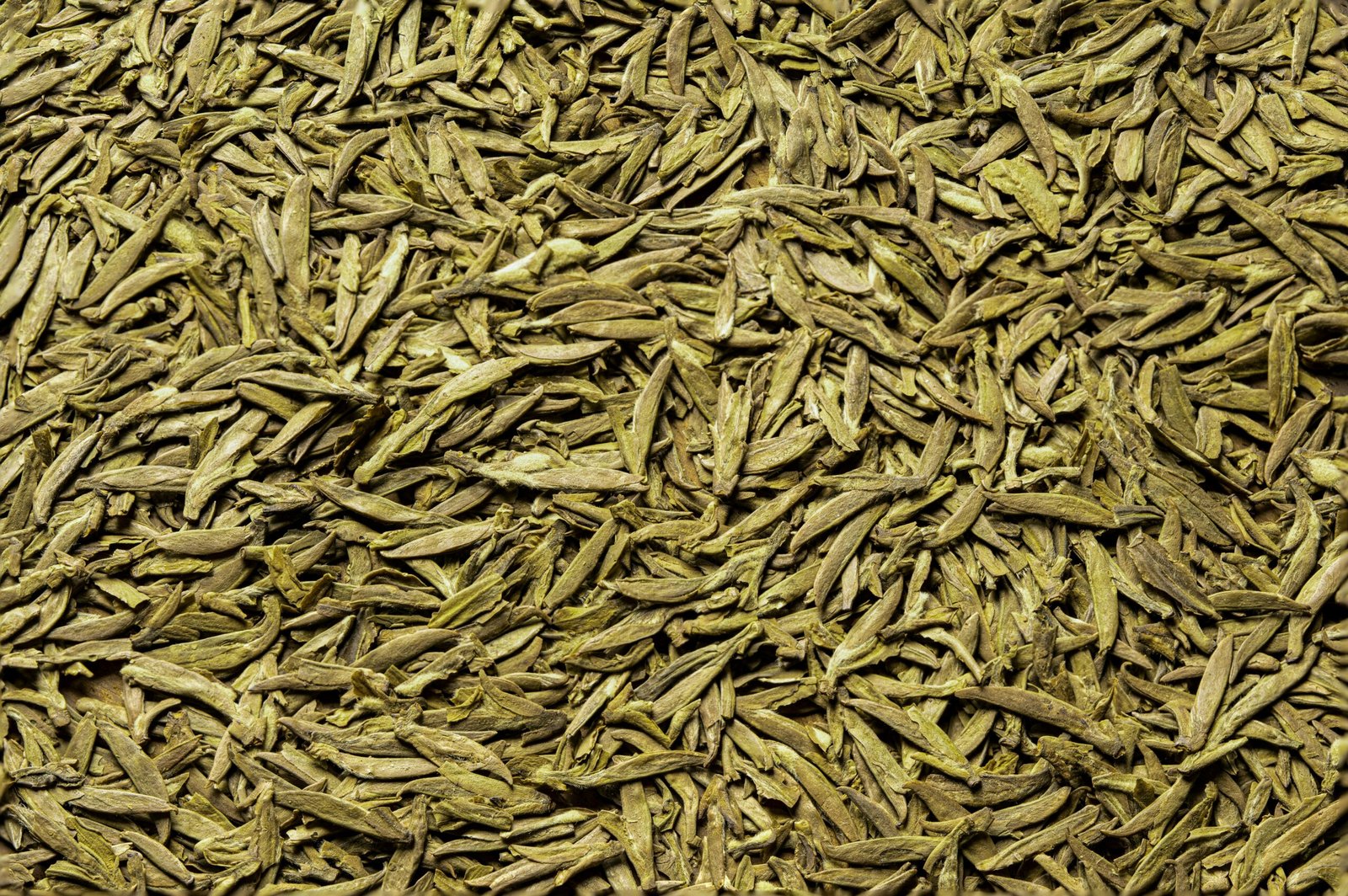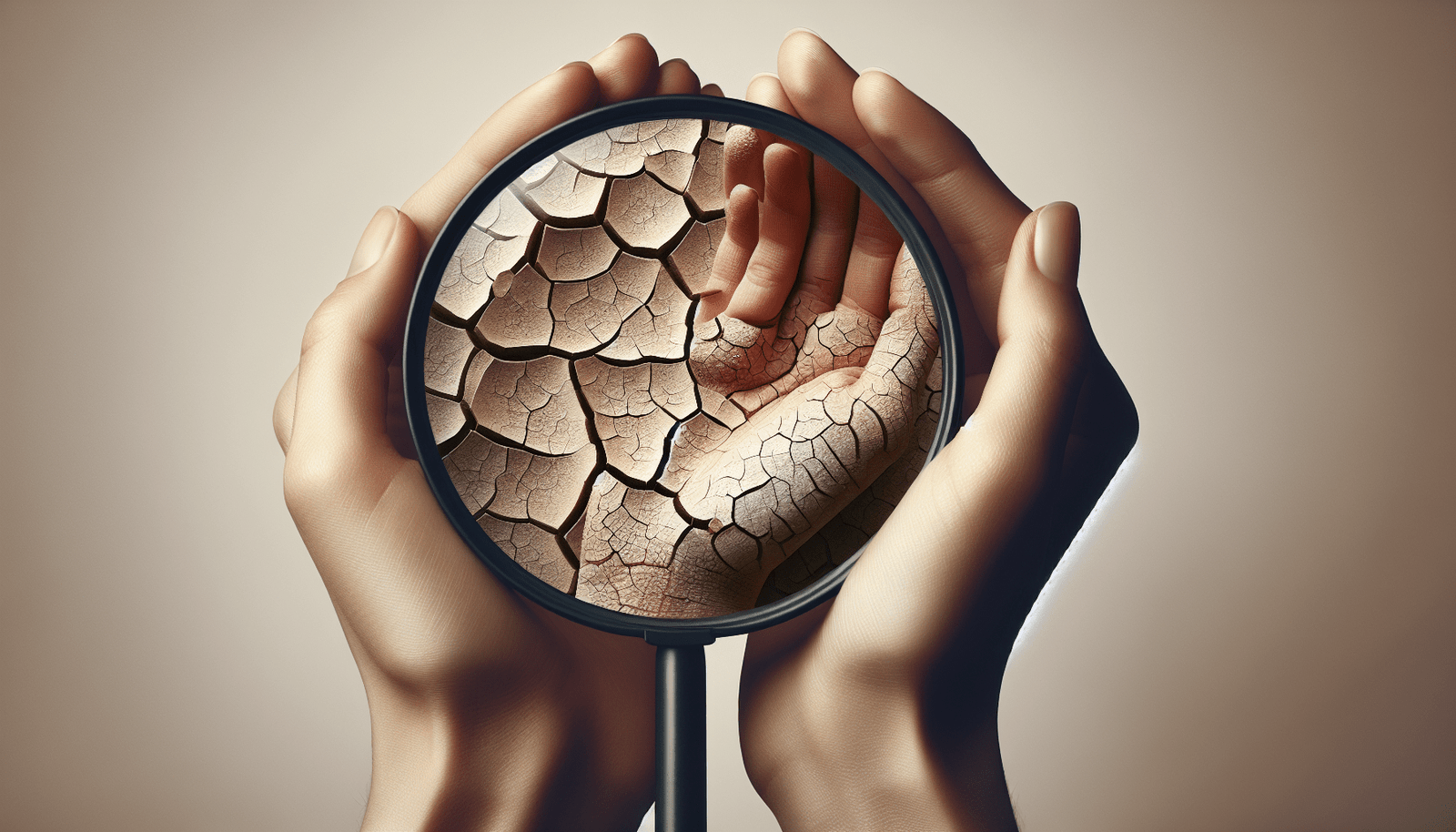Dry skin can be a major annoyance, causing discomfort and itchiness. But have you ever wondered what actually causes dry skin? Understanding the factors behind this common condition can help you take better care of your skin. From harsh weather conditions to excessive bathing, there are various reasons that can lead to dry skin. This article explores some of the most common causes of dry skin, shedding light on the things you may need to avoid or incorporate into your skincare routine to keep your skin healthy and hydrated.
Environmental Factors
Low humidity levels
Low humidity levels in the air can contribute to dry skin. When the air is dry, it can cause the moisture in your skin to evaporate more quickly, leaving it feeling dry and tight. This is especially common during the winter months when the air tends to be drier. To combat this, it is important to keep your living space adequately humidified, either with a humidifier or by placing bowls of water around your home. Additionally, using a moisturizer with hydrating ingredients can help replenish the moisture lost due to low humidity.
Cold weather
Cold weather can also lead to dry skin. In colder temperatures, the air is typically less humid, which can cause the moisture in your skin to evaporate faster. Additionally, cold wind can further dehydrate the skin by stripping it of its natural oils. To protect your skin during cold weather, it is important to wear a scarf or a hat to cover your face, as well as gloves to protect your hands. Using a moisturizer with ingredients like hyaluronic acid or glycerin can also help lock in moisture and prevent dryness.
Hot showers or baths
While hot showers or baths may be relaxing, they can actually contribute to dry skin. Exposing your skin to hot water for extended periods of time can strip away its natural oils, leading to dryness and irritation. To prevent this, it is recommended that you keep your showers or baths short and use warm, rather than hot, water. Additionally, it is important to moisturize your skin immediately after bathing to lock in moisture.
Exposure to harsh chemicals or detergents
Exposure to harsh chemicals or detergents can also cause dry skin. Certain cleaning products, laundry detergents, and even dish soaps can contain ingredients that are drying to the skin. Avoiding prolonged contact with these substances or using protective gloves can help minimize the negative impact they have on your skin. Additionally, choosing skincare products that are gentle and free of harsh chemicals can help keep your skin moisturized and healthy.
Medical Conditions
Eczema
Eczema is a chronic skin condition characterized by red, itchy, and dry patches of skin. The exact cause of eczema is unknown, but it is believed to be related to a combination of genetic and environmental factors. People with eczema have a weakened skin barrier, which makes it more susceptible to moisture loss and irritants. To manage eczema and prevent dry skin flare-ups, it is important to keep the skin hydrated with moisturizers specifically formulated for eczema-prone skin. Avoiding known triggers, such as certain fabrics or harsh skincare products, can also help reduce symptoms.
Psoriasis
Psoriasis is another chronic skin condition that can cause dry skin. It is characterized by red, scaly patches that can be itchy and painful. Psoriasis occurs when the immune system mistakenly attacks healthy skin cells, causing them to multiply rapidly. This rapid cell turnover leads to a buildup of dead skin cells, which can result in dryness and flaking. Treatment for psoriasis often includes using moisturizers to hydrate the skin and medicated creams or ointments to reduce inflammation and slow down cell turnover.
Hypothyroidism
Hypothyroidism is a condition in which the thyroid gland does not produce enough thyroid hormone. This can lead to a variety of symptoms, including dry skin. Thyroid hormone helps regulate the skin’s moisture balance, so a deficiency can result in dryness and flakiness. If you suspect you may have hypothyroidism, it is important to see a healthcare professional for diagnosis and appropriate treatment.
Diabetes
Diabetes is a chronic condition that affects the body’s ability to regulate blood sugar levels. It can also have an impact on the skin, leading to dryness and itchiness. High blood sugar levels can cause damage to the blood vessels, affecting the delivery of nutrients and moisture to the skin. Additionally, diabetes can impair the function of the sweat glands, leading to a decreased ability to retain moisture. Properly managing blood sugar levels and adopting a skincare routine that focuses on moisturizing and gentle cleansing can help alleviate dry skin associated with diabetes.

Aging
Decreased oil production
As we age, our skin undergoes natural changes that can contribute to dryness. One of these changes is a decrease in oil production. Sebum, the oil produced by the sebaceous glands, helps lubricate and moisturize the skin. However, as we get older, these glands become less active, resulting in reduced oil production. This lack of oil can leave the skin feeling dry and tight. To combat this, it is important to incorporate a moisturizer into your skincare routine to replenish the lost moisture.
Thinning of the skin
Another factor that contributes to dry skin as we age is the thinning of the skin. With age, the epidermis, or outer layer of the skin, becomes thinner and more delicate. This can make the skin more prone to moisture loss, as well as more susceptible to damage from environmental factors. To protect your skin and combat dryness, it is important to use gentle skincare products and avoid harsh ingredients that can further irritate the skin. Additionally, using a moisturizer with ingredients like peptides or ceramides can help strengthen the skin barrier and promote moisture retention.
Overwashing or Overexfoliating
Stripping natural oils
Overwashing or overexfoliating the skin can lead to dryness. When you wash your face or body too frequently or use harsh cleansers, you can strip away the natural oils that help keep the skin moisturized. Similarly, overexfoliating can disrupt the skin’s natural barrier, leading to increased water loss and dryness. To avoid this, it is important to find a balance between cleansing the skin effectively and preserving its natural oils. Opt for gentle cleansers that are suitable for your skin type and exfoliate no more than a few times a week.
Disrupting the skin barrier
The skin barrier, also known as the moisture barrier, is responsible for keeping the skin hydrated by preventing water loss and protecting against environmental aggressors. Overwashing or overexfoliating can disrupt this barrier, compromising its function and leading to dry skin. To maintain a healthy skin barrier, it is important to avoid using harsh products and to moisturize regularly. Additionally, using products with ingredients like ceramides or niacinamide can help promote barrier repair and improve the skin’s ability to retain moisture.

Genetics
Inherited tendency for dry skin
Some people are genetically predisposed to having dry skin. If your parents or close relatives have dry skin, you may be more likely to experience it as well. This is because certain genes can influence the production of skin lipids and affect the skin’s ability to retain moisture. While you cannot change your genetic predisposition, you can still take steps to manage dry skin by adopting a consistent skincare routine that focuses on moisturizing and protecting the skin.
Dehydration
Lack of moisture in the body
Dehydration, or a lack of adequate moisture in the body, can manifest as dry and dull-looking skin. When the body is dehydrated, it prioritizes supplying water to vital organs, leaving the skin to receive less moisture. This can result in dryness, tightness, and an overall lackluster complexion. To prevent dehydration and maintain hydrated skin, it is important to drink enough water throughout the day and consume water-rich foods like fruits and vegetables.
Inadequate water intake
In addition to dehydration, inadequate water intake can also contribute to dry skin. If you are not consuming enough water, your body may struggle to properly hydrate the skin, leading to dryness and flakiness. It is recommended to drink at least 8 glasses of water per day, although individual needs may vary. Along with staying hydrated, incorporating moisturizers that contain hydrating ingredients like hyaluronic acid or aloe vera can help replenish moisture in the skin.

Improper Skincare Routine
Using harsh or drying products
Using harsh or drying products can further exacerbate dry skin. Certain skincare products, like those containing alcohol or strong fragrances, can strip the skin of its natural oils and disrupt the moisture barrier. It is important to read product labels and select gentle cleansers, toners, and moisturizers that are specifically formulated for dry skin. Look for products that contain hydrating ingredients like hyaluronic acid, glycerin, or shea butter.
Skipping moisturizer
Skipping moisturizer is a common mistake that many people make, especially if they feel their skin is already oily. However, even oily skin can benefit from moisturization. When you skip moisturizer, your skin may compensate for the lack of hydration by producing more oil, leading to a combination of dry and oily areas. To avoid this, it is important to use a moisturizer suitable for your skin type after cleansing and toning to lock in moisture and keep the skin hydrated throughout the day.
Not protecting the skin from the sun
Failing to protect your skin from the sun can also contribute to dryness. Long-term sun exposure can damage the skin’s natural protective barrier and cause moisture loss. To protect your skin, it is essential to apply a broad-spectrum sunscreen with at least SPF 30 daily, even on cloudy days. Wearing protective clothing, such as hats and long sleeves, and seeking shade during peak sun hours can also help shield the skin from excessive dryness and damage caused by the sun’s harmful rays.
Certain Medications
Certain diuretics or antihistamines
Certain medications, such as diuretics or antihistamines, can have a drying effect on the skin. Diuretics are commonly used to treat conditions like high blood pressure and heart failure, and they work by increasing urine production to reduce fluid buildup. This increased urination can lead to dehydration and dry skin. Antihistamines, commonly used for allergies, can also cause dryness as a side effect. If you are taking any medications that may be contributing to dry skin, it is important to speak with your healthcare provider to discuss potential alternatives or strategies to mitigate the effects.
Retinoids for acne treatment
Retinoids, a type of vitamin A derivative, are often prescribed for the treatment of acne. While these medications can be highly effective in reducing acne, they can also cause dryness and peeling as a side effect. Retinoids work by speeding up cell turnover, which can result in the removal of dead skin cells and the stimulation of collagen production. This process can initially lead to dryness, but it often improves over time as the skin adjusts to the medication. To minimize dryness, it is important to use a moisturizer and start with a lower concentration of retinoids before gradually increasing the strength.

Frequent Handwashing
Excessive use of soap or hand sanitizers
Frequent handwashing, especially using soap or hand sanitizers that contain harsh ingredients, can contribute to dry skin on the hands. Soap and hand sanitizers are designed to remove dirt and germs, but they can also strip the hands of their natural oils, leaving them dry and irritated. To protect your hands, it is important to use mild, moisturizing hand soaps and hand sanitizers that are alcohol-free or contain moisturizing ingredients like aloe vera. Applying a hand cream or moisturizer after washing your hands can also help replenish moisture.
Frequent exposure to water
In addition to using soap or hand sanitizers, frequent exposure to water can also contribute to dry hands. Whether it’s washing dishes, doing household chores, or swimming, prolonged contact with water can strip the skin of its natural oils and lead to dryness. To minimize the drying effects of water, it is recommended to wear gloves when engaging in activities that involve prolonged exposure to water. After each exposure, remember to thoroughly dry your hands and apply a moisturizing hand cream to keep them hydrated.
Excessive Sun Exposure
Damage to the natural protective barrier
Excessive sun exposure can cause damage to the skin’s natural protective barrier, leading to dryness and increased moisture loss. The sun’s ultraviolet (UV) rays can penetrate the skin and break down collagen and elastin, which are essential components for maintaining healthy, hydrated skin. Over time, this damage weakens the skin barrier, making it more susceptible to dryness and other signs of aging. To protect your skin, it is important to apply sunscreen and reapply it regularly, seek shade during peak sun hours, and wear protective clothing to minimize sun damage.
Increased water loss from the skin
Sun exposure can also increase water loss from the skin, leading to dryness. When the skin is exposed to UV rays, it can undergo trans-epidermal water loss, which means that the skin loses moisture more rapidly. This can leave the skin feeling dry, tight, and dehydrated. To counteract this, it is important to replenish moisture in the skin by using hydrating skincare products and practicing sun protection measures. Drinking plenty of water and incorporating foods rich in hydration, such as watermelon or cucumber, can also help maintain skin moisture levels.
In conclusion, dry skin can have various causes, ranging from environmental factors and medical conditions to aging and improper skincare routines. Understanding the potential causes can help you identify triggers and take steps to prevent and manage dryness. By adopting a consistent skincare routine that focuses on moisturizing, protecting from sun damage, and using gentle products, you can maintain hydrated, healthy skin regardless of the underlying cause of dryness. Remember to consult with a dermatologist or healthcare professional if you are experiencing persistent or severe dry skin symptoms for proper evaluation and treatment.
